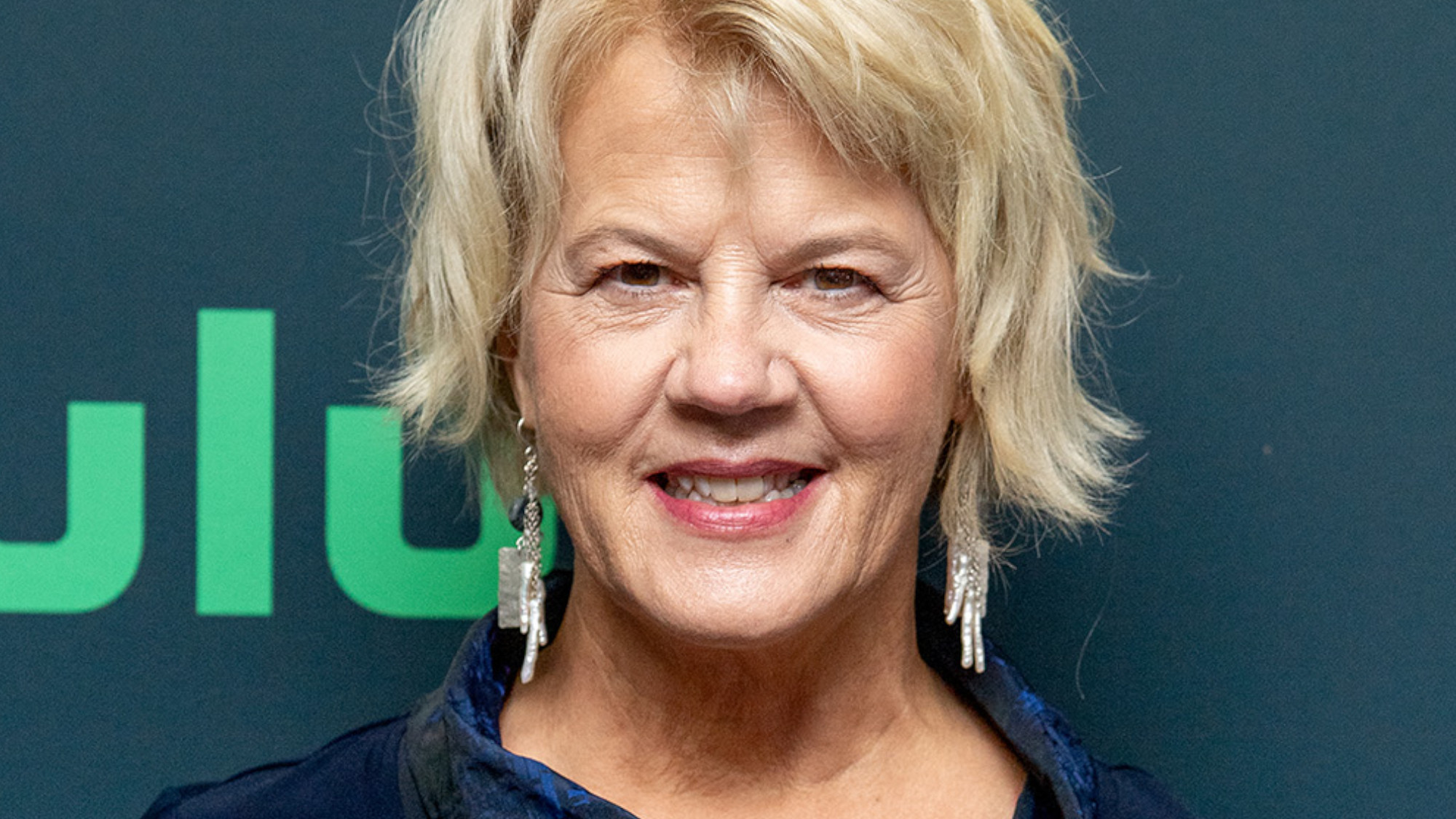Bruce Sterling
A free daily email with the biggest news stories of the day – and the best features from TheWeek.com
You are now subscribed
Your newsletter sign-up was successful
Cyberfiction pioneer Bruce Sterling is the author of Tomorrow Now and a contributing editor for Wired magazine. His latest novel, The Zenith Angle, has just been published.
Cosmicomics by Italo Calvino (Harvest, $13). Makes me wonder why all science-fiction books aren’t a series of arch, witty jokes about the universe. This unique cultural product must have required any number of trips down to the Oulipo group to chat about cosmology. Molto pensato, dude.
Orlando Furioso by Ludovico Ariosto (Oxford, $17). It certainly takes its own sweet time, but this is Tolkien-style heroic fantasy as invented and delivered by decadent Renaissance aristocrats. The most touching part is when Ariosto thanks his audience at the end of his epic, and you realize that actual human beings have been drinking in these wacky, interlocking tales of flying hippogriffs and immortal sorceresses.
The Week
Escape your echo chamber. Get the facts behind the news, plus analysis from multiple perspectives.

Sign up for The Week's Free Newsletters
From our morning news briefing to a weekly Good News Newsletter, get the best of The Week delivered directly to your inbox.
From our morning news briefing to a weekly Good News Newsletter, get the best of The Week delivered directly to your inbox.
The Elephant Vanishes by Haruki Murakami (Vintage, $14). Disciplined, productive, insightful, and profoundly strange, Murakami can churn out novels and journalism with impressive facility. I like him best in the short form, where his globally minded Nipponese transrealism makes its point and then allows the awe-struck reader some time to mentally recover.
A Werewolf Problem in Central Russia by Victor Pelevin (New Directions, $13). Young Russian writer Victor Pelevin hasn’t always been well served by his translators, but these short stories are so irretrievably weird that they glow like the bears must glow in the woods around Chernobyl.
My Name Is Red by Orhan Pamuk (Vintage, $15). All of Pamuk’s books involve identity games and orgiastic, Borgesian head tripping, but My Name Is Red ups the ante by also being a 16th-century Ottoman murder mystery, an anguished romance, and an art-historical interpretation of royal miniature painting. This man deserves the Nobel.
Fantastics and Other Fancies
A free daily email with the biggest news stories of the day – and the best features from TheWeek.com
-
 Political cartoons for February 16
Political cartoons for February 16Cartoons Monday’s political cartoons include President's Day, a valentine from the Epstein files, and more
-
 Regent Hong Kong: a tranquil haven with a prime waterfront spot
Regent Hong Kong: a tranquil haven with a prime waterfront spotThe Week Recommends The trendy hotel recently underwent an extensive two-year revamp
-
 The problem with diagnosing profound autism
The problem with diagnosing profound autismThe Explainer Experts are reconsidering the idea of autism as a spectrum, which could impact diagnoses and policy making for the condition
-
 Beth Macy’s 6 favorite books about living in a divided nation
Beth Macy’s 6 favorite books about living in a divided nationFeature The journalist recommends works by Nicholas Buccola, Matthew Desmond, and more
-
 Gilbert King’s 6 favorite books about the search for justice
Gilbert King’s 6 favorite books about the search for justiceFeature The journalist recommends works by Bryan Stevenson, David Grann, and more
-
 Nathan Harris’ 6 favorite books that turn adventures into revelations
Nathan Harris’ 6 favorite books that turn adventures into revelationsFeature The author recommends works by Kazuo Ishiguro, Ian McGuire, and more
-
 Marisa Silver’s 6 favorite books that capture a lifetime
Marisa Silver’s 6 favorite books that capture a lifetimeFeature The author recommends works by John Williams, Ian McEwan, and more
-
 Lou Berney’s 6 favorite books with powerful storytelling
Lou Berney’s 6 favorite books with powerful storytellingFeature The award-winning author recommends works by Dorothy B. Hughes, James McBride, and more
-
 Elizabeth Gilbert’s favorite books about women overcoming difficulties
Elizabeth Gilbert’s favorite books about women overcoming difficultiesFeature The author recommends works by Tove Jansson, Lauren Groff, and more
-
 Fannie Flagg’s 6 favorite books that sparked her imagination
Fannie Flagg’s 6 favorite books that sparked her imaginationFeature The author recommends works by Johanna Spyri, John Steinbeck, and more
-
 Jessica Francis Kane's 6 favorite books that prove less is more
Jessica Francis Kane's 6 favorite books that prove less is moreFeature The author recommends works by Penelope Fitzgerald, Marie-Helene Bertino, and more